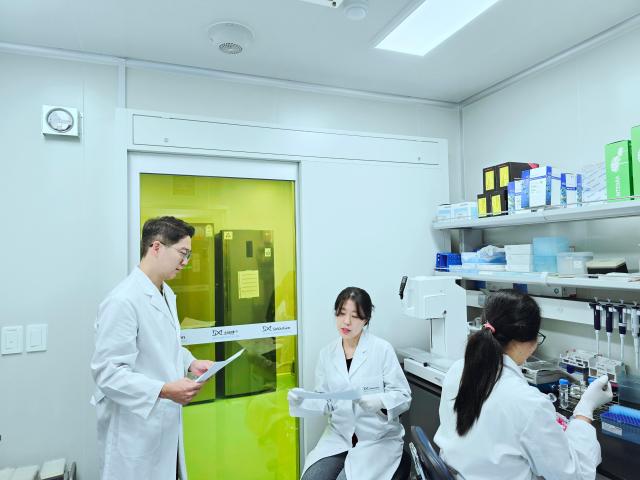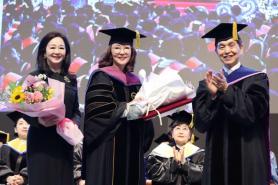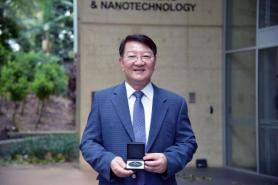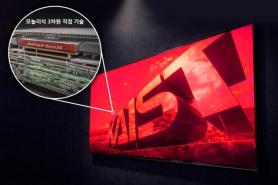
SEOUL, October 09 (AJP) - A startup founded by KAIST professor Lee Jung-ho has licensed out an experimental RNA-based drug for hard-to-treat epilepsy in a deal valued at about 750 billion won ($529 million), the university said Thursday.
Sovargen, co-founded by Lee and biotech entrepreneur Park Chul-won, signed an exclusive option agreement with Italy's Angelini Pharma for global development and commercialization of a first-in-class antisense oligonucleotide (ASO) therapy aimed at intractable epilepsy.
The deal includes upfront, milestone, and potential royalty payments worth about 550 million dollars in total. Angelini Pharma will handle development and commercialization, while Sovargen retains certain rights in parts of Asia, excluding South Korea, China, Hong Kong, Macau, and Taiwan.
The licensed compound, code-named SVG105, targets mutations in the mTOR gene, known to play a key role in severe epilepsy that does not respond to existing drugs.
Lee's research team at KAIST earlier identified that acquired mutations in brain stem cells—called brain somatic mutations—can trigger intractable epilepsy and malignant brain tumors. The discovery was published in Nature in 2015 and Nature Medicine in 2018.
After that, Lee teamed up with Sovargen CEO Park Chul-won to develop RNA-based therapies that could suppress those mutations. The agreement marks one of the few cases in South Korea where basic academic research has led to a global technology transfer for a new drug.
"This achievement was made possible entirely by the strength of South Korean science, from identifying the cause of disease to developing a new therapy and exporting the technology globally," said Sovargen senior researcher Park Sang-min, a KAIST graduate.
Lee said KAIST's research environment made such progress possible. "While most medical schools focus on patient care, KAIST promotes innovation and industrialization. That allowed us to achieve both fundamental discoveries and successful technology transfer," he said.
KAIST President Lee Kwang-hyung said the outcome reflects the school's goal of bridging basic science and industry. "This is a representative example of how our philosophy of moving 'from basic to industry' has taken shape in medical science. KAIST will continue to drive innovation that contributes to human health and the future bioindustry," he said.
Experts say the deal gives new hope to patients who have run out of treatment options and shows that South Korea's biomedical research and startups are gaining ground on the global stage.
Copyright ⓒ Aju Press All rights reserved.




